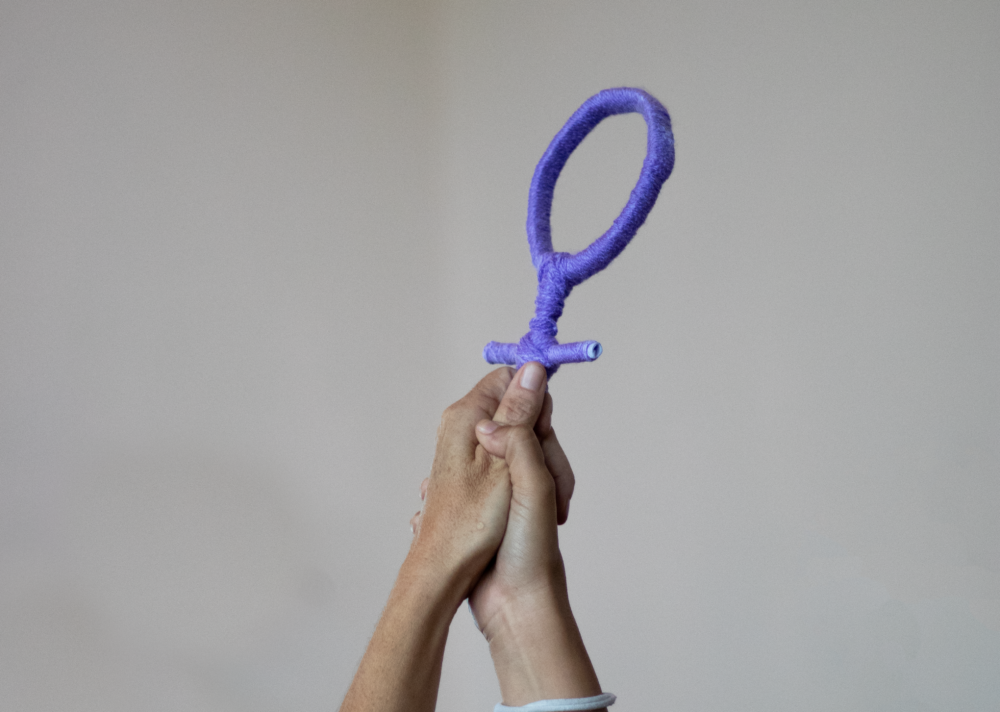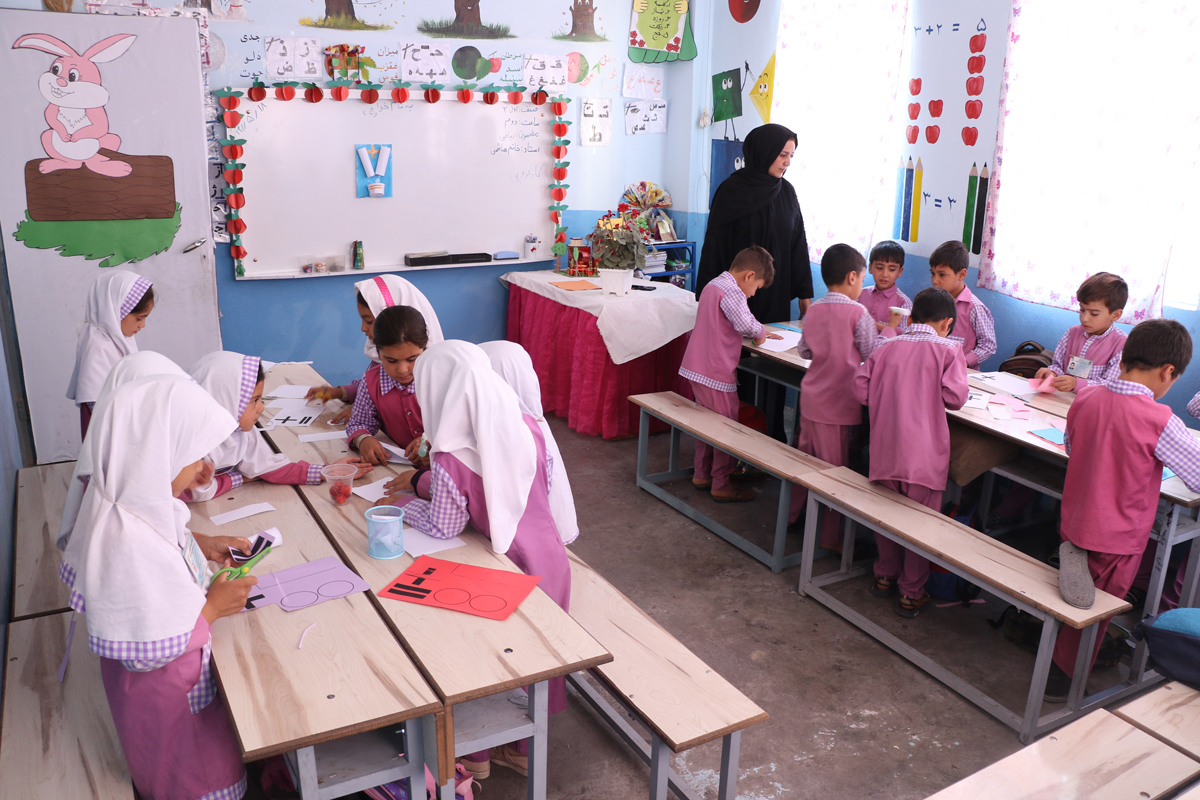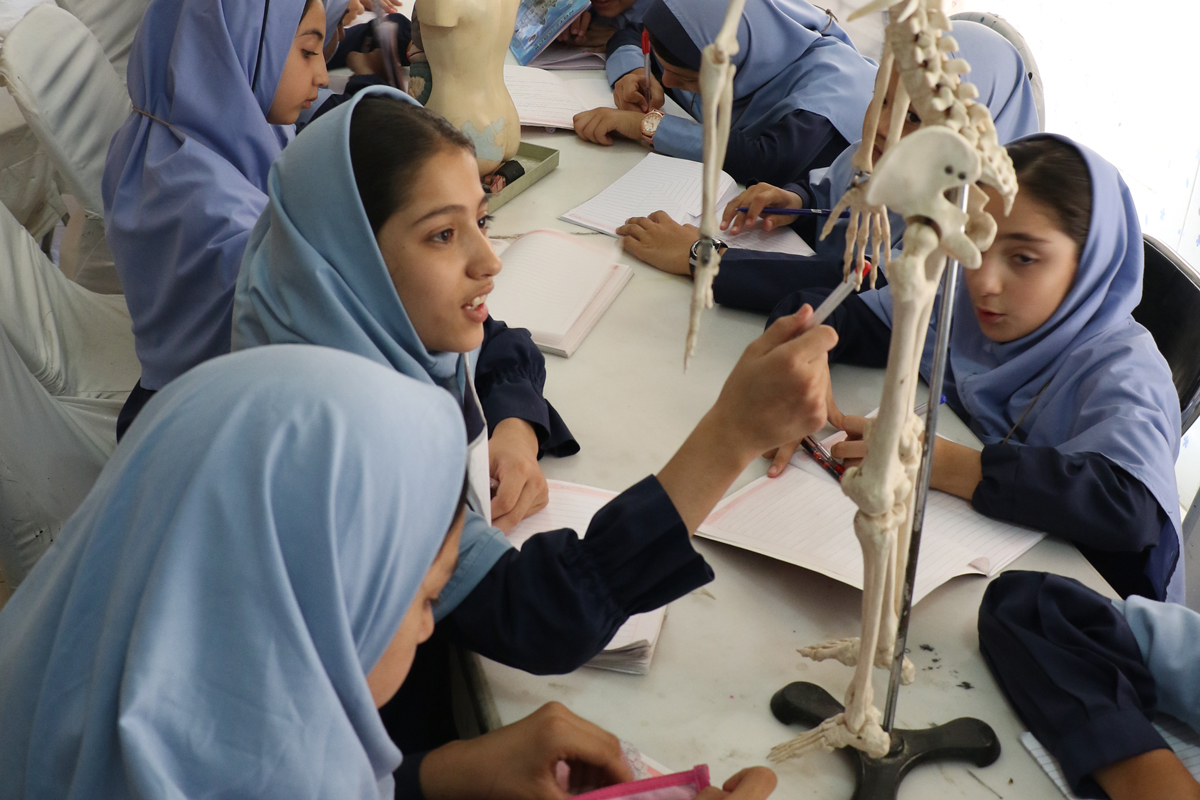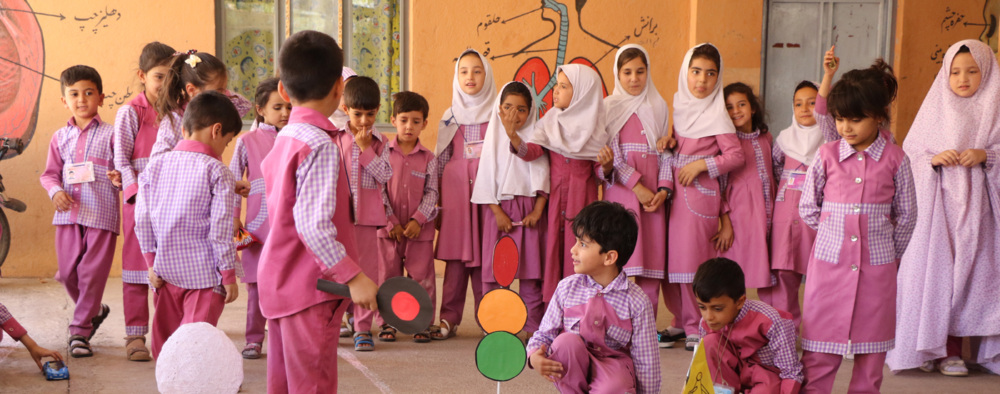
Gender justice, Safety and wellbeing
Education, Gender justice
The collapse of the Afghan government and the return of Taliban rule in August 2021 have had devastating consequences for children and youth in Afghanistan. The new government has banned secondary education for girls, leaving hundreds of thousands of young women with little to no access to education. Meanwhile, drought and an economic collapse have led to widespread hunger and unemployment.
When the current crisis began, GFC partner Afghan Institute of Learning (AIL) – which has worked for nearly three decades to increase access to education – quickly found a way to help Afghan youth continue their studies.
AIL, in collaboration with TV Meraj, the private TV station of AIL Founder and Executive Director Dr. Sakena Yacoobi, spent two months developing a secondary school curriculum. Then, they employed some of the country’s best teachers to deliver it. The result, Meraj Academy, is broadcast via television on TV Meraj, archived on YouTube for students, and available to live stream from anywhere in the world. Lessons for grades 7 through 12 are offered in English, Dari, and Pashto, and cover a range of subjects including science, math, and history. Each lesson builds on the previous day’s, providing students with the information they need to pass tests and advance to the next grade level. Now, young people across the country can learn in their homes.
“In one way I’m very upset because it’s not going to be the same environment, the same children all under one house, their friendship, their relationship, it makes a huge difference from the point of view of psychology,” explained Dr. Yacoobi. “But at the same time, I felt that right now that’s what we could do and that is the best system.”
AIL is used to adapting to new challenges and changing governments.

Dr. Yacoobi founded AIL in 1995 while she was working in an Afghan refugee camp in Pakistan. At the time, the Taliban ruled Afghanistan and had closed schools for girls. Dr. Yacoobi soon expanded her efforts beyond the refugee camp, setting up a network of underground schools in Afghanistan that operated secretly in local homes.
“From the beginning, my objective was to educate every child in Afghanistan,” she said.
Since then, AIL has reached nearly 15 million people across the country through its learning centers, medical clinics, and other programs. The organization has also trained thousands of teachers and offers workshops on a range of topics including peace, leadership, and human rights. In addition, AIL supports youth clubs, provides free legal aid to women, and runs two orphanages.
Today, AIL’s youth clubs offer much-needed support to young people who are struggling with mental health issues as they face a lack of jobs and opportunities. Young men and women meet separately twice a month for youth group meetings during which they pick a topic, research it, and then debate it.
“They are the future of our country,” Dr. Yacoobi said. “It gives them hope because right now they are hopeless.”
Dr. Yacoobi aspires to create more jobs through AIL as well as training programs that teach young people skills they can use to help support their families.
AIL has also provided much-needed healthcare at a time when many hospitals and clinics are struggling to remain open. The organization has been able to expand its network of medical clinics, adding three health centers and two clinics over the past year. In addition, TV Meraj provides health education to Afghans across the country.

Dr. Yacoobi believes that health and education go hand in hand to eradicate poverty and violence. “Without the health of our country’s people, we cannot build functioning communities. Without a good community, how can children learn, how can parents work and contribute to their society?” she said. “It’s like a tree that will only grow if rooted well, watered, and cared for.”
To stay motivated during this difficult time, Dr. Yacoobi said she focuses on the young women and men who find hope and education in AIL’s programs.
“You keep going no matter how hard it gets. The harder it gets, the harder you work. And that’s what I’m doing,” she said. “When I see that the children are sitting in the school learning or they are learning from home, I enjoy that very, very much. That is for me a moment of happiness.”
Earlier this year, GFC awarded AIL a Juliette Gimon Courage Award, which recognizes innovative grassroots organizations that are positively impacting children in challenging circumstances. AIL’s relationship with GFC dates back to the 1990s when AIL became one of GFC’s earliest partners.
As she looks to the future, Dr. Yacoobi sees a lot of potential in Meraj Academy, which provides an innovative education model she believes could be used in refugee camps and in other countries where access to education remains a challenge.
“My point was always to concentrate on education, concentrate on health, concentrate on awareness, make people understand these issues,” she said. “Then, they by themselves will choose democracy, they by themselves bring peace, they by themselves fight for their rights.”
Header photo: Children in an AIL program learning and playing. © AIL
